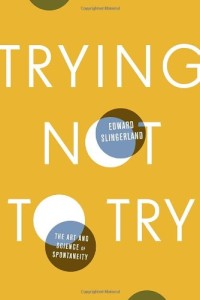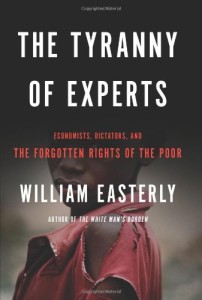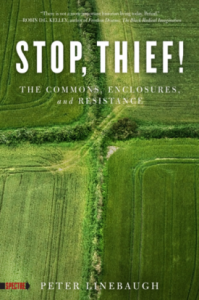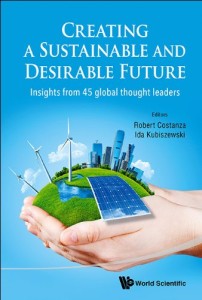
Edward Slingerland
![]() Paradigm shifting look at Csikszenmihaly's concept of flow, March 23, 2014
Paradigm shifting look at Csikszenmihaly's concept of flow, March 23, 2014
By Just Me
When I discovered Mihaly Csikszentmihaly's book Flow, about 10 years ago, I recognized that he was talking about a concept that I had experienced many times, that was important in my life, and that I craved. Learning about flow has helped me, but has also provided frustrations, both because of difficulties and because of a lack of greater meaning. Slingerland's Trying Not To Try offers the solution to these problems. Slingerland compares the Western concept of flow to the Eastern concepts of wu-wei and de. Wu-wei is “the dynamic, effortless, and unselfconscious state of mind of a person who is optimally active and effective”; de is a charismatic power “that others can detect, and it serves as an outward signal that one is in wu-wei.”
Slingerland looks at early Eastern philosophy and at modern science and sees how the connections between the two explain the how and why of wu-wei and de. As Slingerland says, “A growing literature in psychology and neuroscience suggests that these (early Eastern) thinkers had a much more accurate picture of how people really think and behave than we find in recent Western philosophy or religious thought and that early Chinese debates about how to attain wu-wei reflect real tensions built into the human brain. Scientists are beginning to better appreciate the role that “fast and frugal” unconscious thinking plays in everyday human life and now have a clearer sense of why spontaneity and effectiveness hang together.” Evolutionary psychology is very helpful in explaining the “why”, which was very helpful in solving the problems that the concept of flow presented to me. Slingerland explains that, it “gives us insight into why wu-wei is so pleasant for the individual and attractive to others… It feels good to be in wu-wei because a whole slew of tasks simply can't be performed by our plodding, conscious minds — we need to unleash the power of our fast, unconscious processes in order to get them done. Moreover, we are attracted to people in wu-wei because we trust the automatic, unconscious mind. We have a very strong intuition — increasingly confirmed by work in cognitive science — that the conscious, verbal mind is often a sneaky, conniving liar, whereas spontaneous, unselfconscious gestures are reliable indicators of what's really going on inside another person.”
Continue reading “Review (Guest): Trying Not to Try – The Art and Science of Spontaneity”







